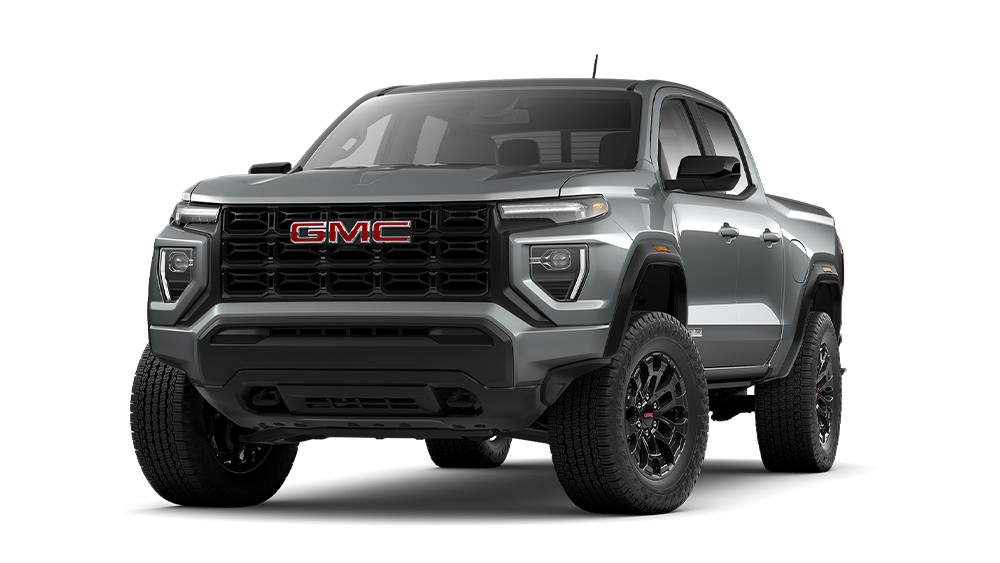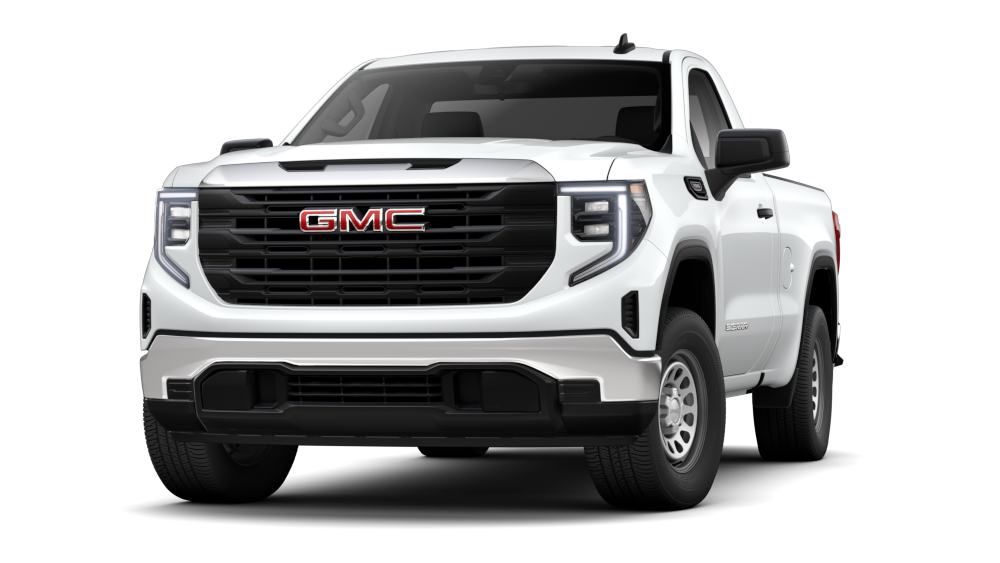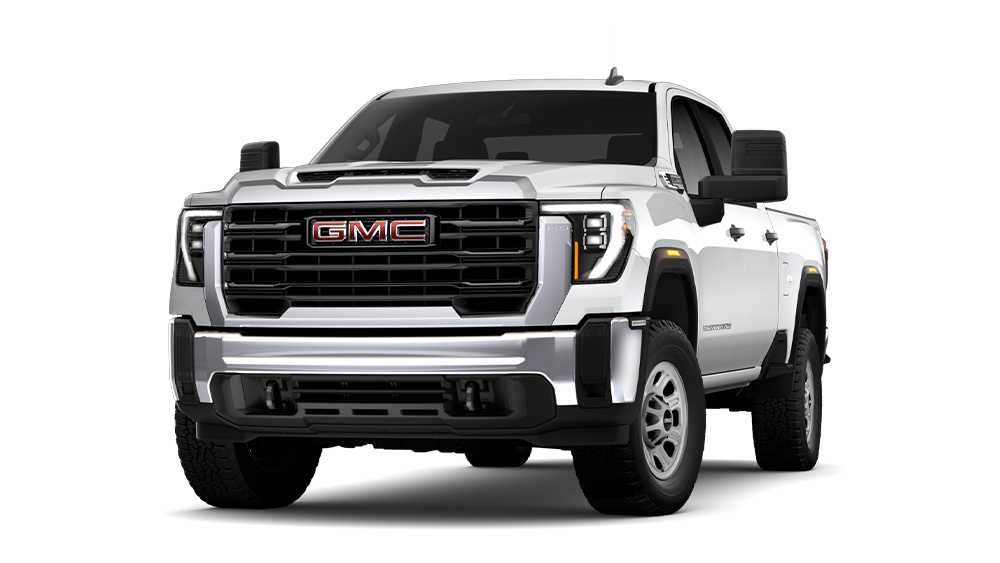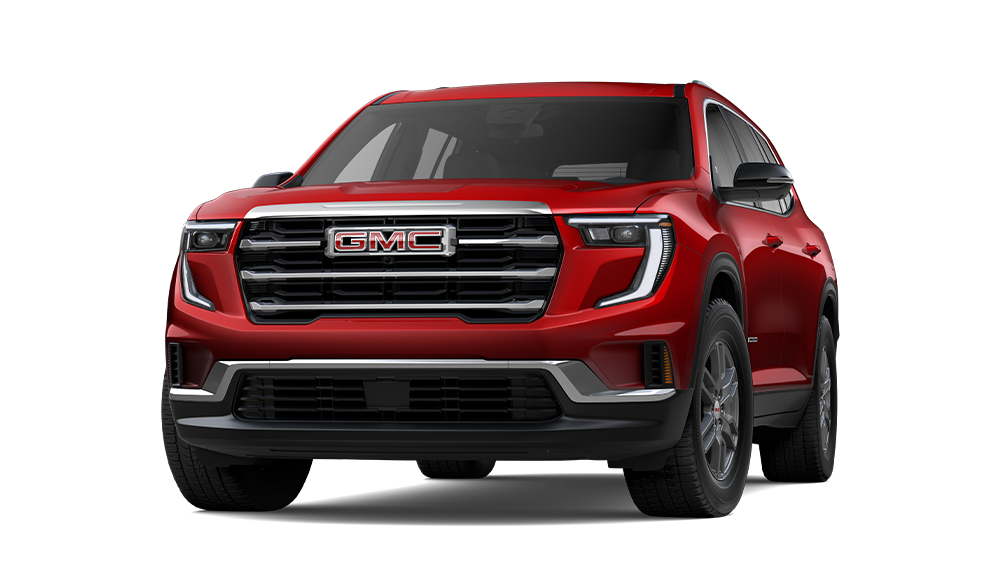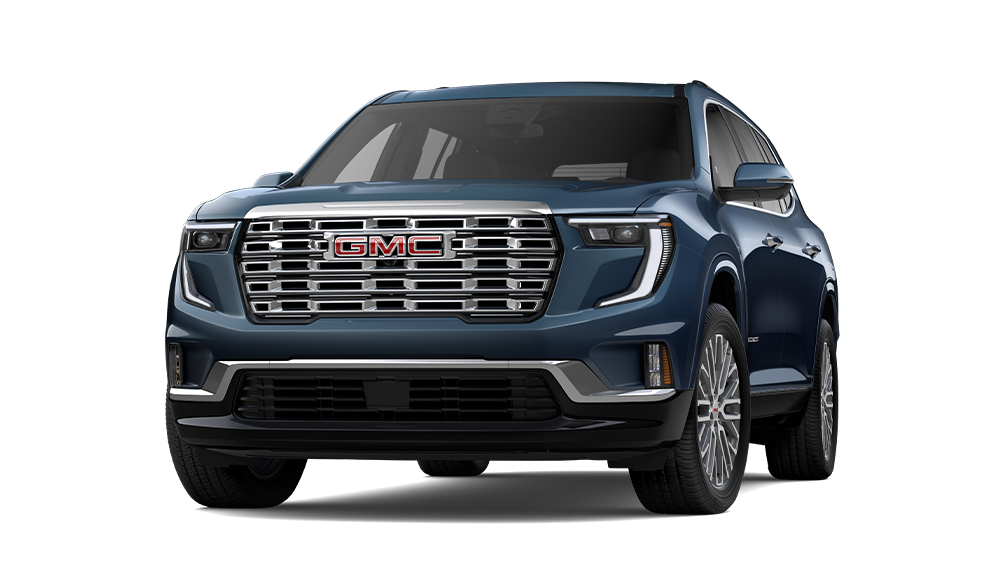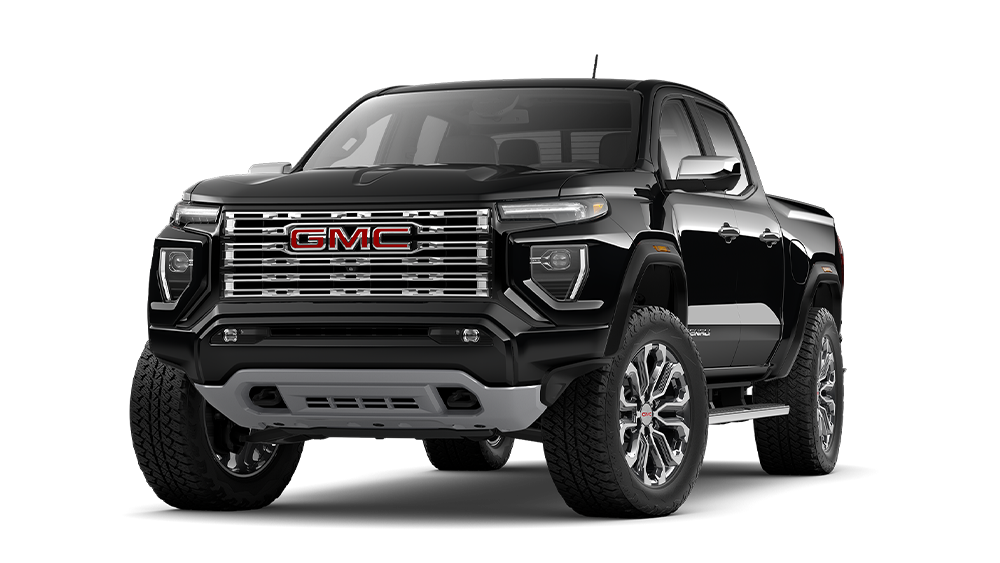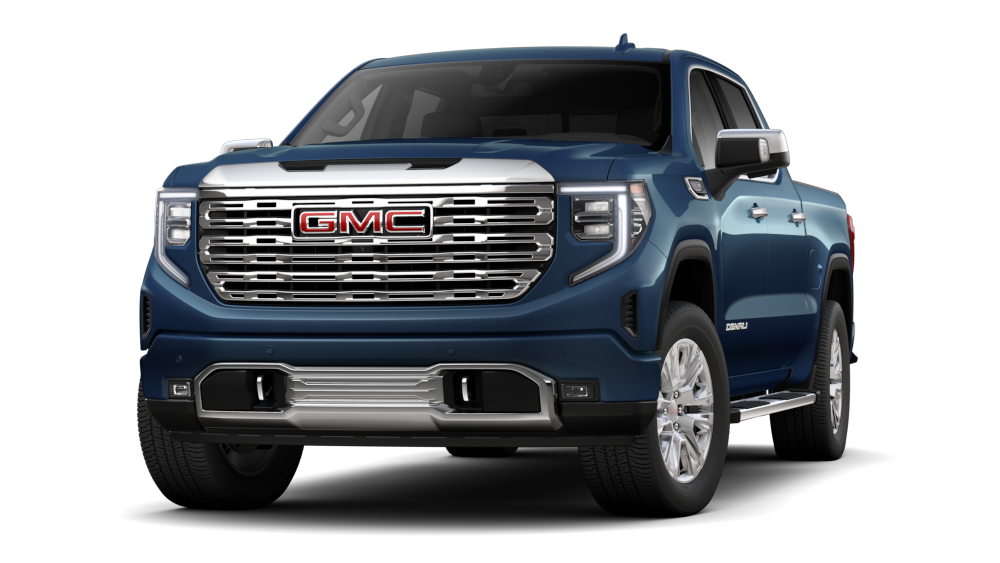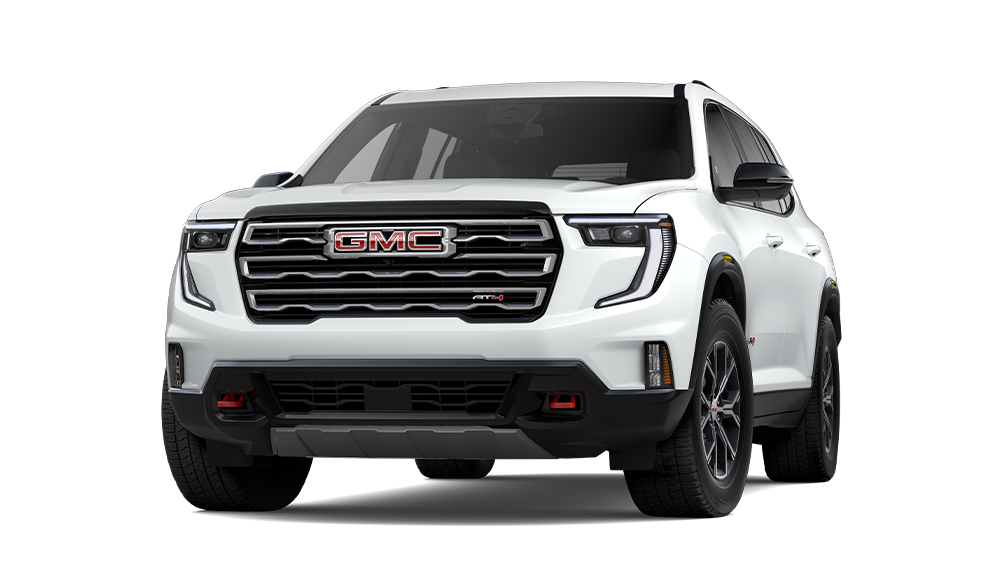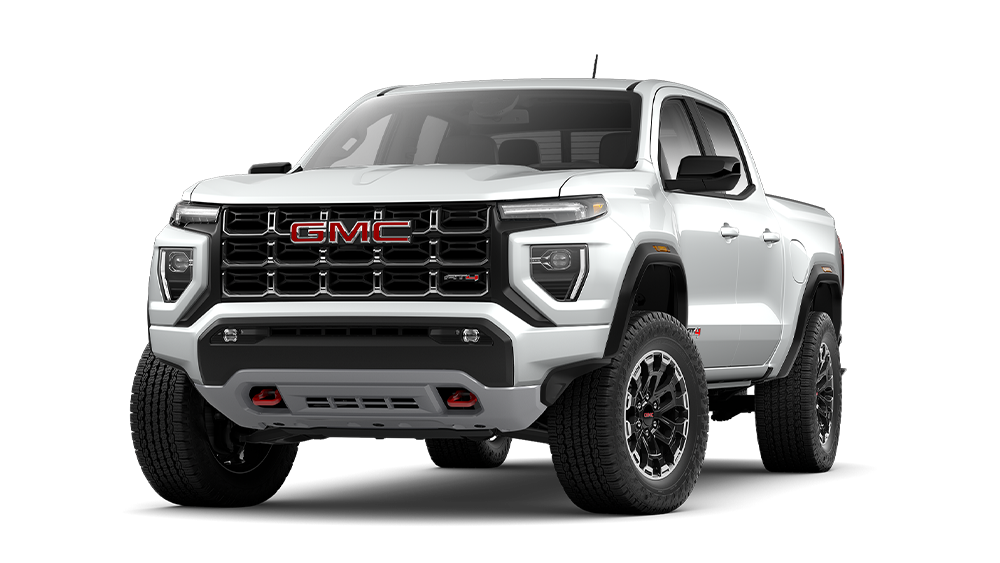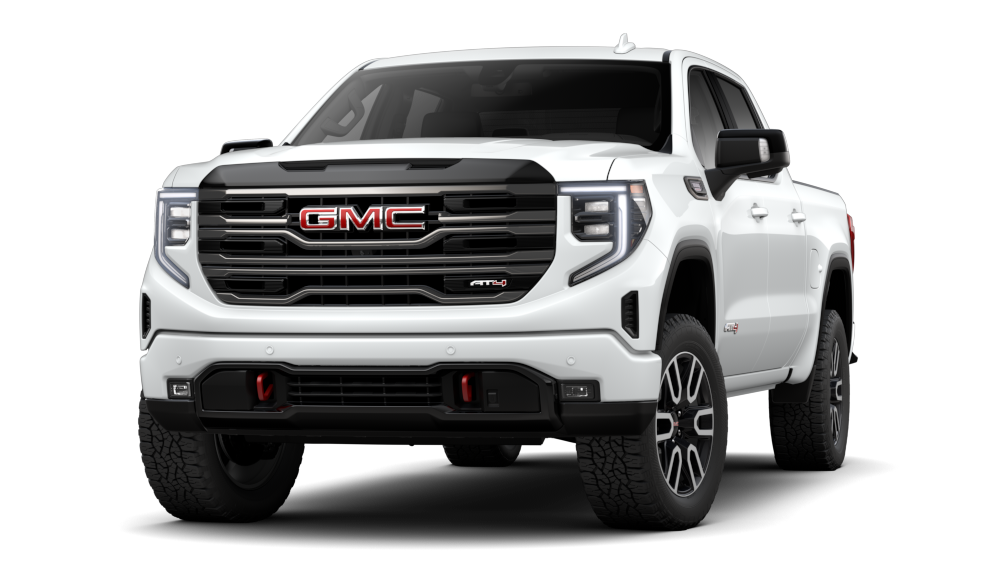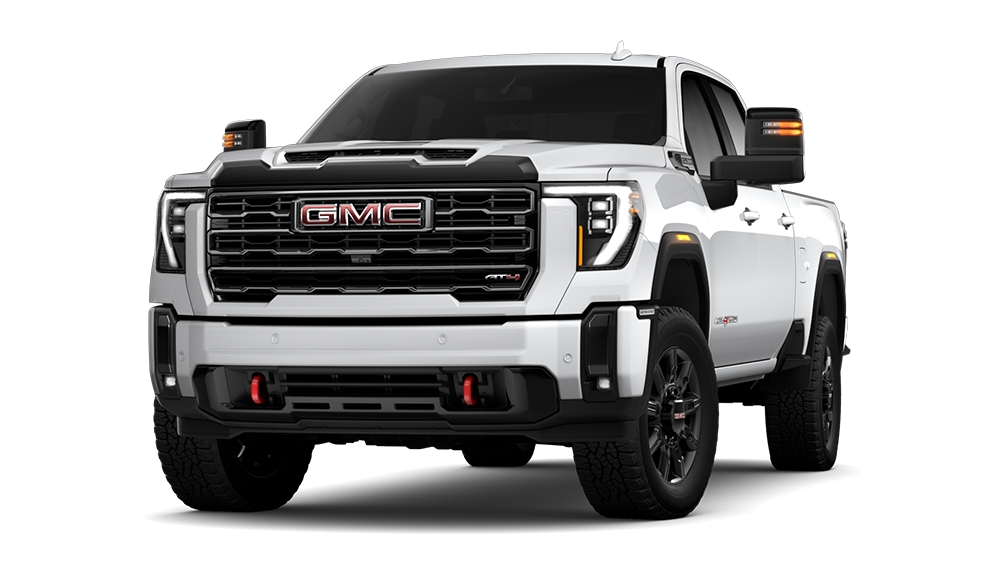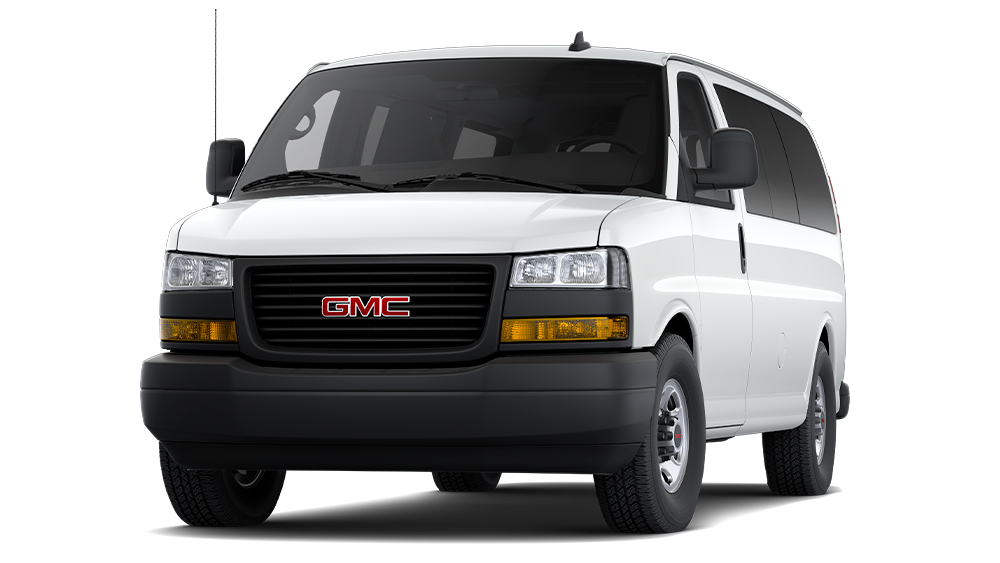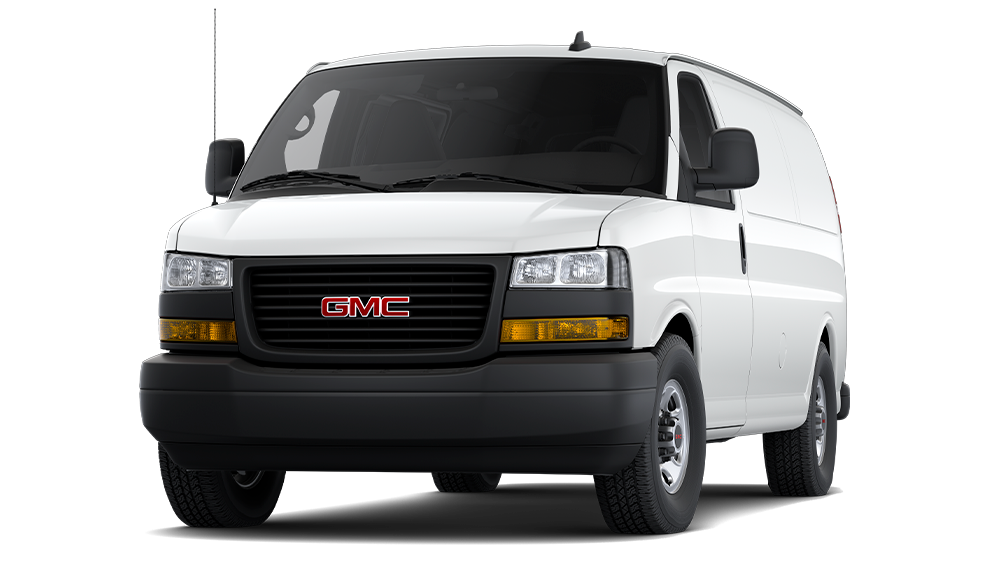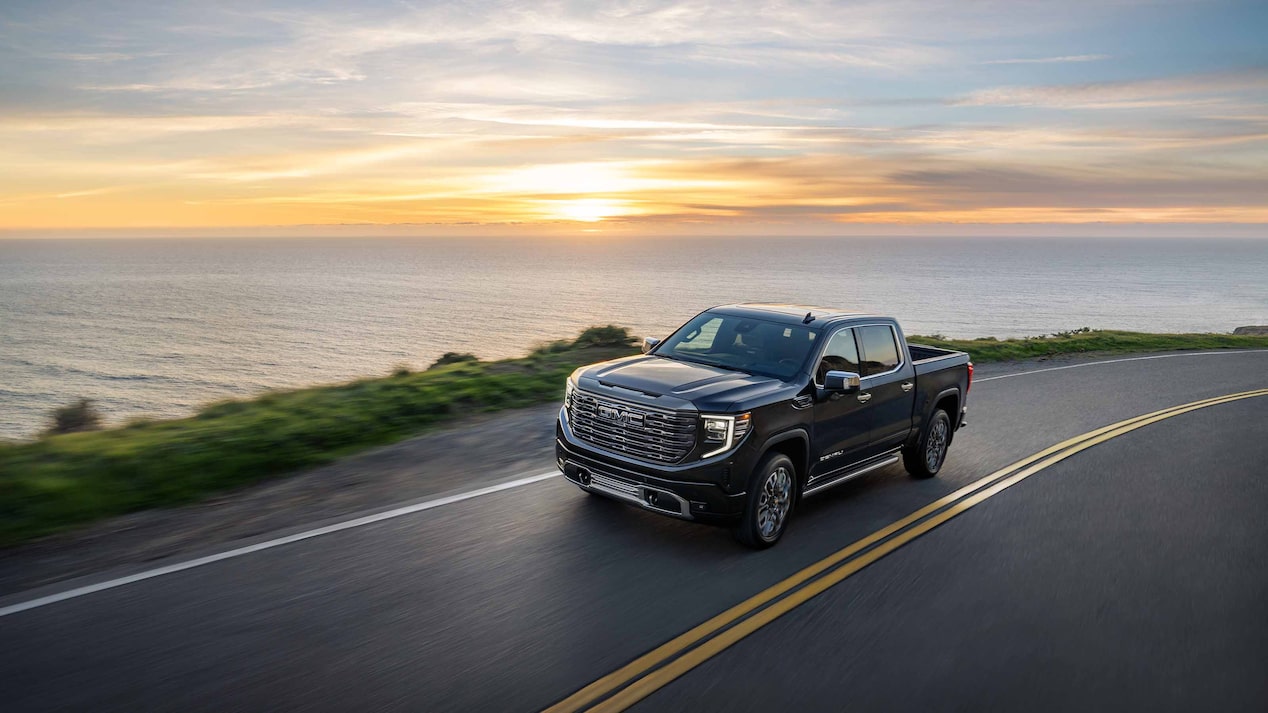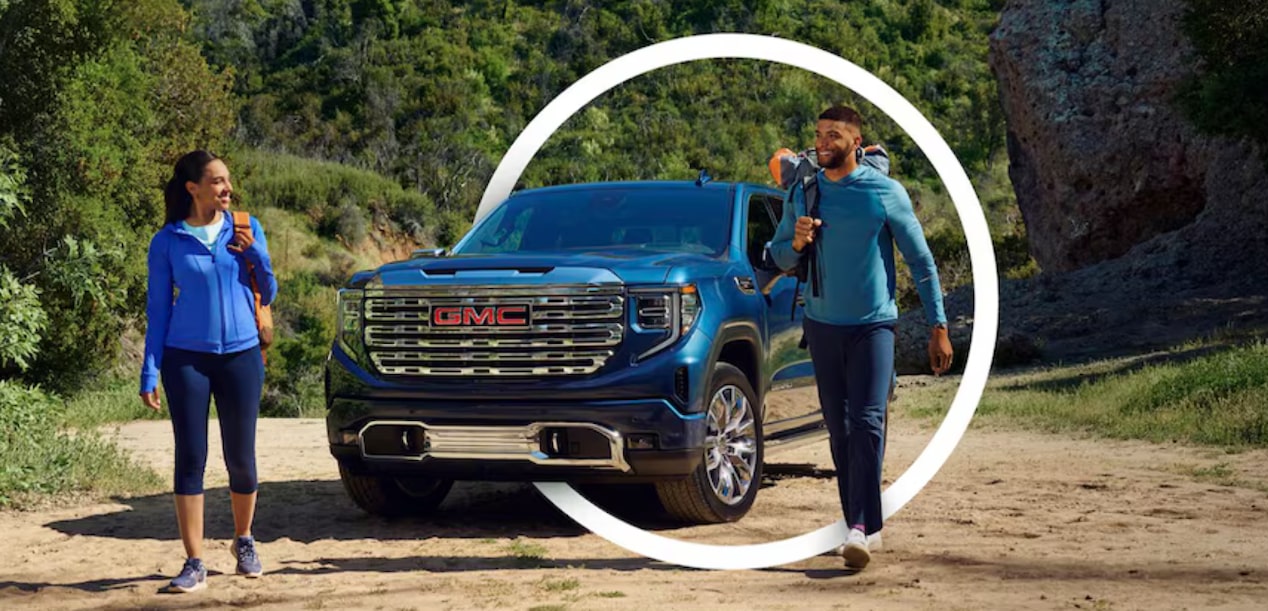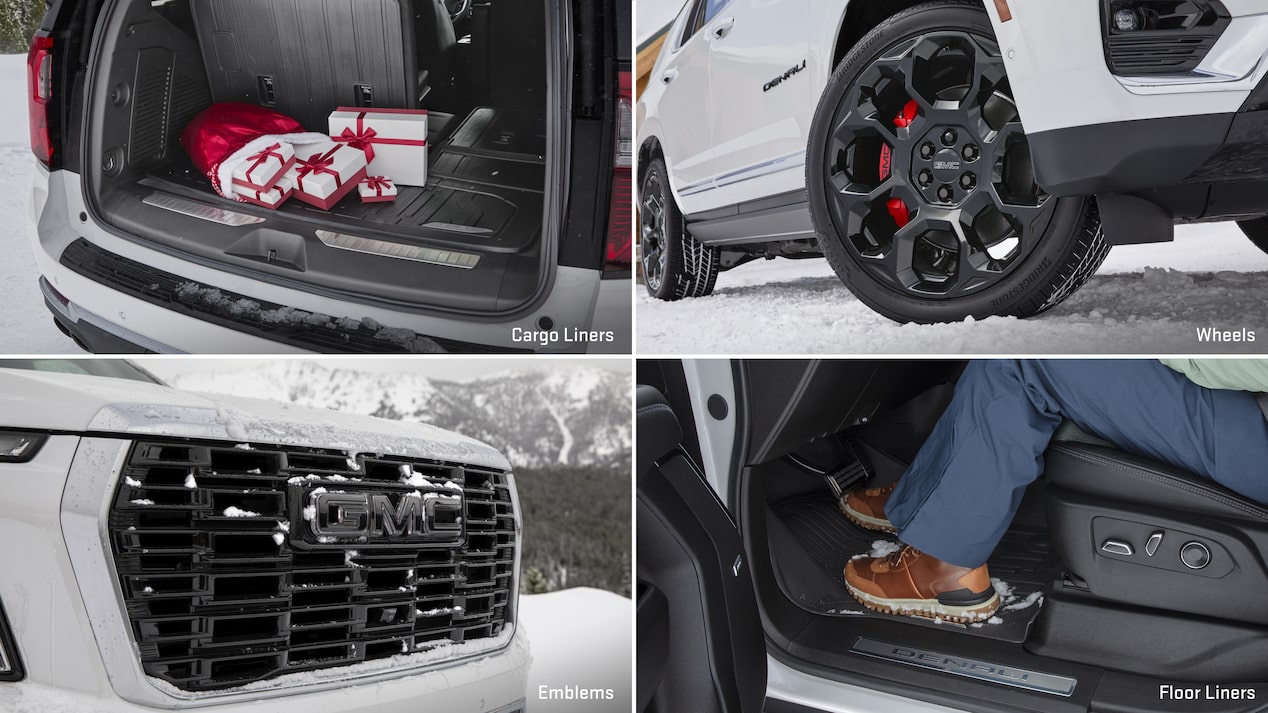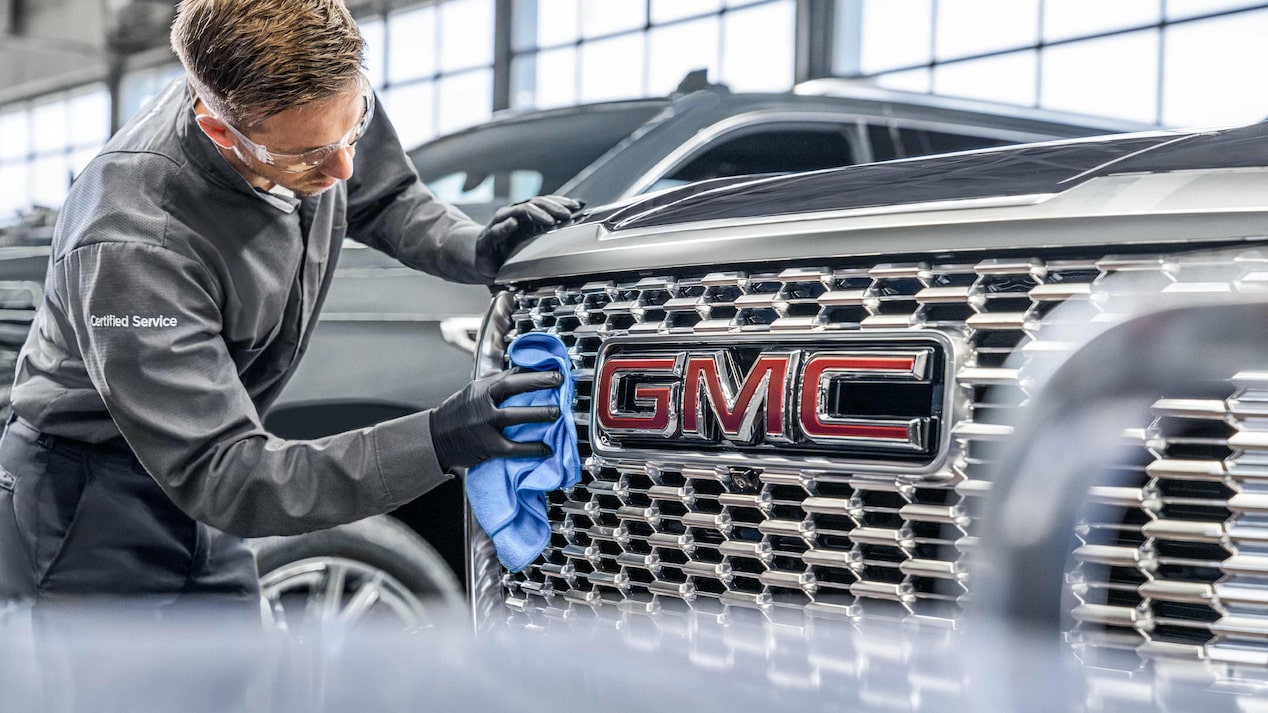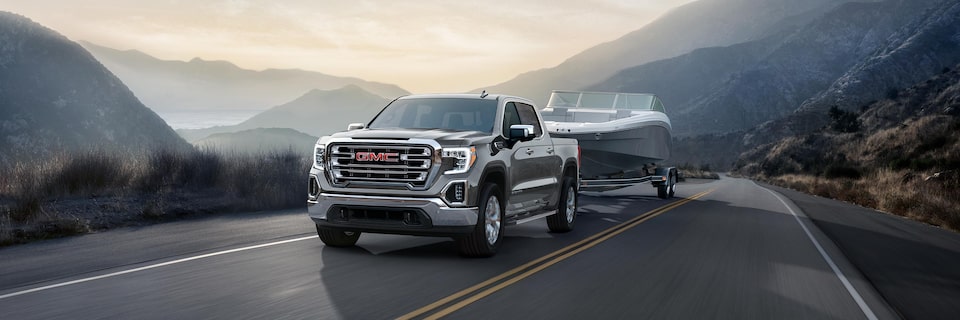GMC LIFE
Properly loading a trailer to maintain a proper tongue weight is paramount, especially when it comes to handling.

Imagine driving down the road on a vehicle with egg shaped tires. It would be pretty hard to control the vehicle or to drive safely. That's the kind of wobbly, out-of-control situation you might find yourself in if you try to tow a trailer with improper tongue weight.
How Tongue Weight Affects Your Vehicle
The tongue weight is the static force the trailer tongue exerts on the hitch ball. Proper trailer tongue weight can make the difference between a safe trailer towing experience and a dangerous journey. If you don’t have enough weight on the trailer tongue, the trailer may be prone to swaying from side to side, making it difficult to control. Conversely, if you have too much weight exerted on the hitch ball, the force could overload the rear tires of the tow vehicle and push the rear end of the vehicle around.
This could also negatively affect handling – you might not be able to go around corners and curves properly, and your vehicle may not stop quickly enough when you press the brake pedal.
What Is Proper Tongue Weight?
For conventional trailers with ball-mounted hitches, proper tongue weight is roughly 10 to 15 percent of the total loaded trailer weight.
For instance, if a 2,000-pound conventional trailer is loaded with 1,000 pounds of cargo, the proper tongue weight of the loaded trailer should be between 300 and 450 pounds, or 10-15 percent of the loaded 3,000 pound total.
Additionally, some restrictions may apply to the design of the hitch itself – for instance, Sierra 1500 pickup truck models towing trailers with tongue weights greater than 700-800 pounds should move from a weight-carrying hitch to a weight-distributing hitch. Consult your owner’s manual or dealership for more detailed information.
For gooseneck and fifth wheel trailers, which are designed to handle larger loads, proper tongue weight is between 15 and 30 percent of the loaded trailer weight.
Load Placement
A correctly placed load is key to helping to ensure both a proper tongue weight and a safe trailering experience. An improper load condition can make for a dangerous trailering situation. According to the GMC Trailering Guide, to get the proper trailer tongue weight, you should put about 60 percent of the load centered evenly over the front half of the trailer. For instance, if that 2,000-pound trailer is still carrying 1,000 pounds, roughly 600 pounds should be in the front half of the trailer.
Check and Balance
Ensuring your trailer is properly balanced is key, and can easily be verified by visiting a public scale and weighing your vehicle and trailer a few times. In order to check your tongue weight, follow these steps:
- Load your vehicle and trailer as they would be for your trip, and hitch the trailer to the tow vehicle
- Drive the tow vehicle onto the scale platform so its wheels are on the scale, but do not pull the trailer tires onto the scale. The resulting figure is will be known as the “combined” weight.
- After pulling off the scale, disconnect the trailer, and re-weigh only your tow vehicle on the scale. The resulting figure will be known as the “solo” weight.
- Subtract the second figure (solo weight) from the first (combined weight) in order to determine your current tongue weight.
If the result of that calculation is within the proper tongue weight range for your loaded trailer, congratulations – you’re properly balanced. If not, don’t fret. If your tongue weight is too low, move the load forward a bit. If you need to reduce tongue weight, move the weight further back on the trailer. Once you have your proper balance, ensure the load is also evenly distributed on the left and right sides of the trailer, and secure it to prevent it from sliding while in motion.
RELATED STORIES
TRUCKS
SIX TIPS FOR SAFE TRAILERING AND TOWING

Before you hitch a trailer up to your truck or SUV and hit the open road, consider these six tips.
TRUCKS
KNOW WHICH TRAILER TYPE IS RIGHT FOR YOUR NEEDS

Trailers aren’t one-size-fits-all. In fact their varying designs and configurations mean they can handle quite differently when hitched to your tow vehicle.
TRUCKS
GVWR: HOW TO KNOW YOUR VEHICLE’S STRENGTH

Carrying passengers or cargo? Knowing your gross vehicle weight rating helps ensure you don’t overload your vehicle.


